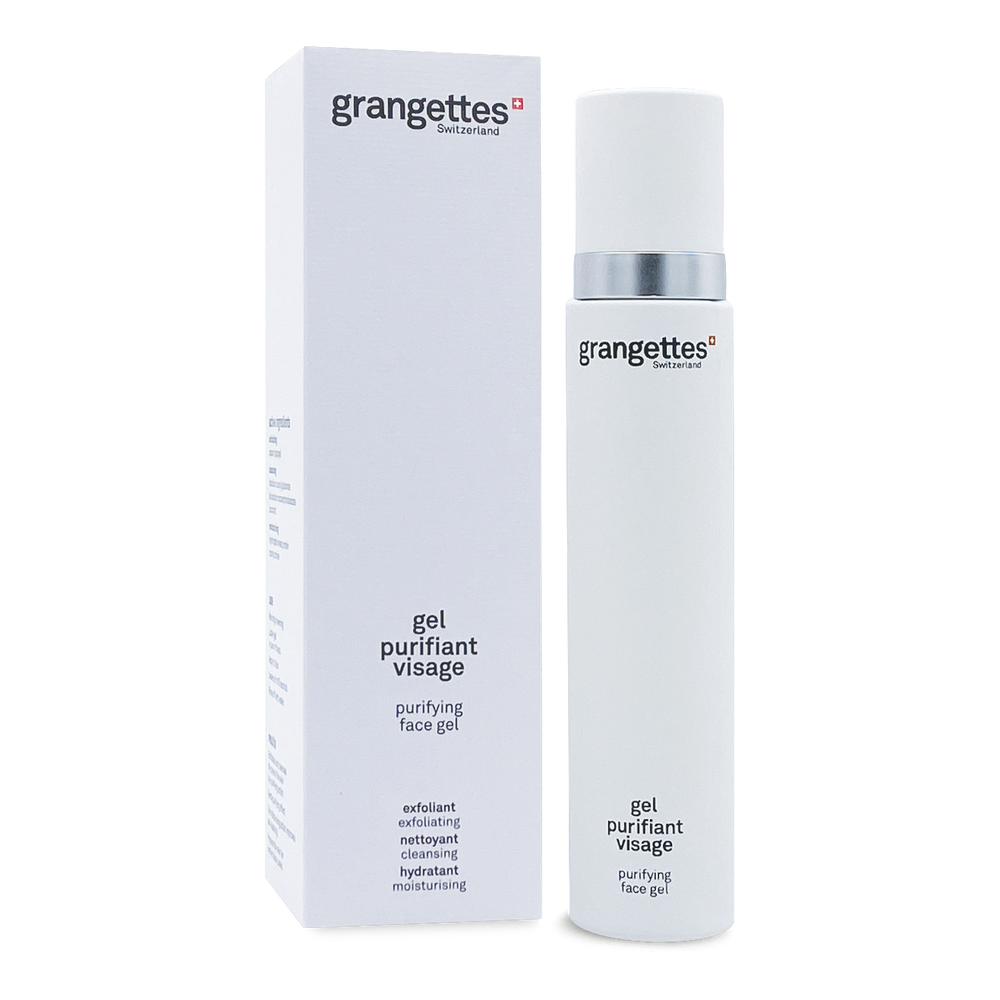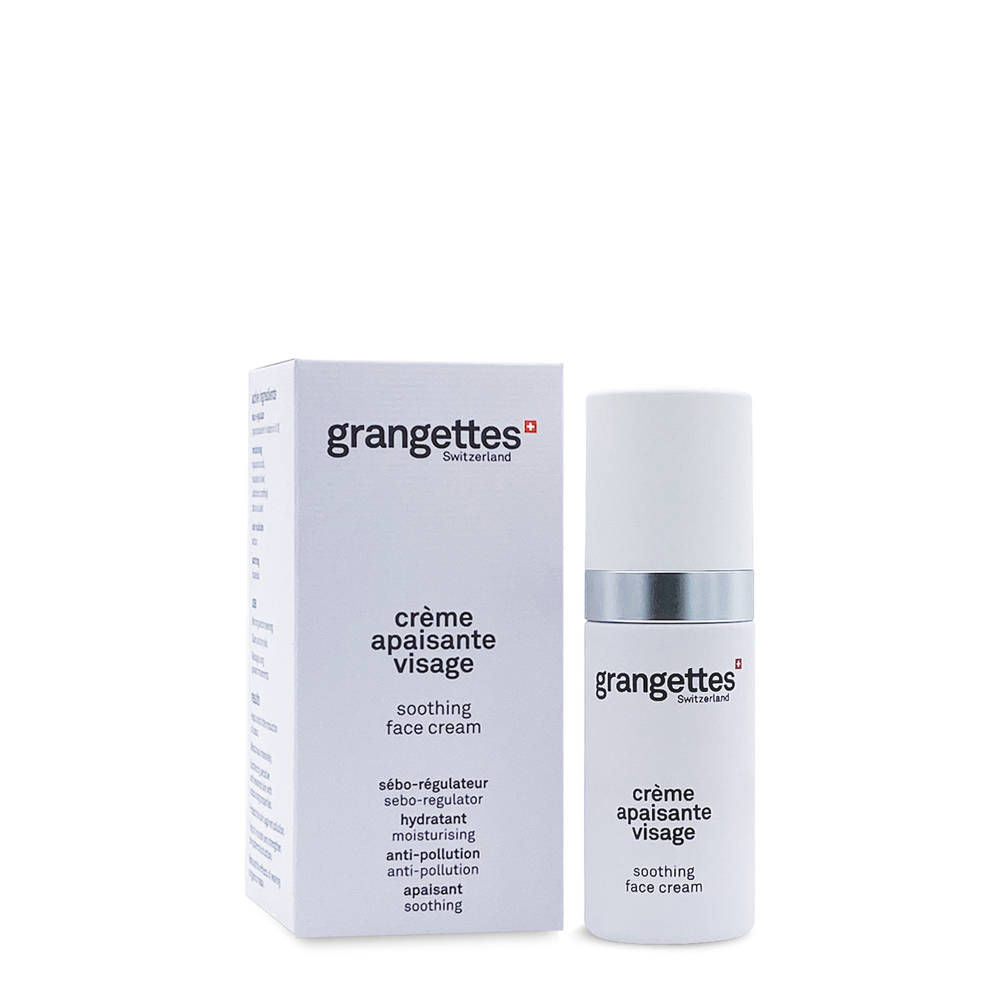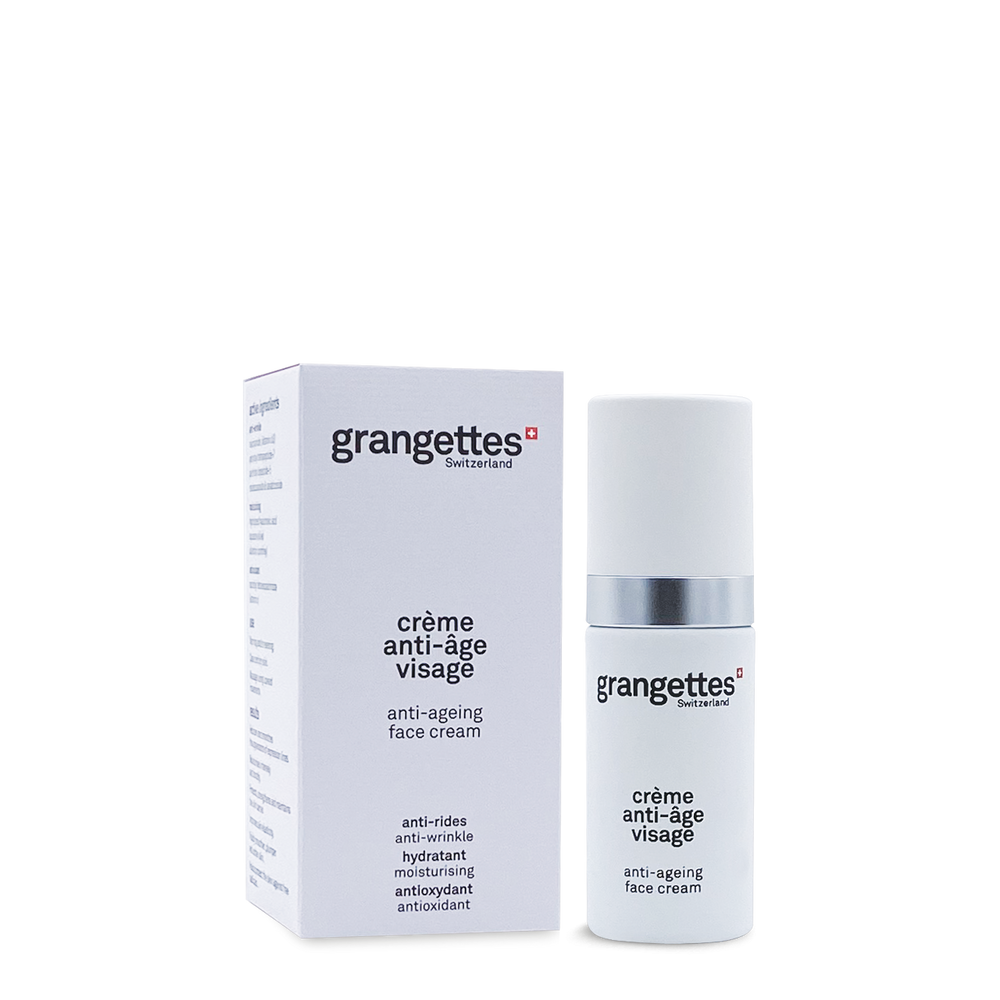Understanding thin skin: causes and characteristics
What are the characteristics of thin skin?
Thin skin is characterized by a reduced thickness of the epidermis, the most superficial layer of the skin. It is often transparent, and veins are sometimes visible beneath the surface. This type of skin may also lack density and firmness, making it more vulnerable to wrinkles and sagging. It is also more prone to irritations, redness, and dryness.
Why does the skin become thinner?
Thin skin may be linked to a genetic predisposition, but various factors can also contribute to this phenomenon over time:
- Natural aging: the thinning of the epidermis is often a characteristic of mature skin. Indeed, with age, the production of collagen and elastin decreases, leading to thinning of the skin;
- External aggressors: exposure to UV rays, pollution, temperature changes, and aggressive chemicals can damage the skin barrier and make it thinner;
- Hormonal changes: hormonal upheavals, especially during the menopause, can alter skin density;
- An unsuitable lifestyle: stress, an unbalanced diet, and lack of sleep also affect skin health;
- Certain medical treatments: corticosteroids, when used for a long time, can thin the skin.

Good practices to strengthen thin skin
Opt for a gentle and nourishing skincare routine
Check the composition of your products
Fine skin requires gentle care, without aggressive ingredients likely to weaken it even more. The composition of the cosmetics you use must be 100% clean: avoid parabens, silicones, PEGs, irritants, allergens, comedogenic ingredients, petroleum derivatives, endocrine disruptors and pollutants.
Check the composition of your cosmetics using cosmetic analysis apps like Yuka, INCI Beauty, or Clean Beauty.

Clean your skin every day
It is essential to cleanse your skin every day, while avoiding harsh or overly foaming cleansers that can disrupt the hydrolipid film. Opt for a gentle cleanser, preferably soap-free, and containing moisturizing ingredients like hydrolyzed wheat protein or aloe vera. The Grangettes purifying face gel cleanses and hydrates your skin, leaving it healthy and radiant.
- Regular price
- 41,35 €
- Regular price
- Sale price
- 41,35 €
- Unit price
- per
Hydrate your skin with powerful active ingredients
Hydration is crucial to keep the skin barrier intact and prevent skin thinning. Use moisturizers rich in ceramides or hyaluronic acid, which strengthen the skin's structure and help it retain water. Creams based on essential fatty acids, such as argan oil or jojoba oil, can also strengthen the lipid barrier.
The soothing face cream Grangettes deeply hydrates for soft and supple skin. It strengthens and soothes the epidermis, reducing the effects of tightness for balanced and healthy skin.
- Regular price
- 40,20 €
- Regular price
- Sale price
- 40,20 €
- Unit price
- per
Opt for anti-aging active ingredients
Incorporating anti-aging actives such as vitamin C, retinol, and peptides can help stimulate the production of collagen and elastin. The Grangettes anti-aging cream, enriched with vitamin C, niacinamide, and peptides, restores, firms, and smooths the surface of the skin.
- Regular price
- 42,50 €
- Regular price
- Sale price
- 42,50 €
- Unit price
- per
Learn to spot natural and fortifying ingredients
Certain plants and natural ingredients can actually strengthen your thin skin by promoting cell renewal :
-
Collagen: collagen is an essential structuring protein. There are creams and serums that contain hydrolyzed collagen;
-
Centella asiatica: also called "tiger grass", this plant is known for its healing and regenerative properties. It promotes the production of collagen;
-
Rosehip oil: rich in essential fatty acids and vitamin A, it is ideal for thin skin, as it promotes cell regeneration and improves skin elasticity.
Adopt a healthy lifestyle to strengthen skin from the inside out
The appearance and health of the skin is also a reflection of the internal state of the body. A healthy lifestyle can significantly improve the density and resistance of the skin. Make sure you get enough protein, omega 3, vitamins A, C and E, and minerals in your diet.
Furthermore, chronic stress can affect skin health by promoting inflammation and reducing its ability to repair itself. Practice relaxation techniques like yoga or meditation to reduce the effects of stress on your body.
And for your skin to regenerate, make sure you sleep 7 to 8 hours per night!







